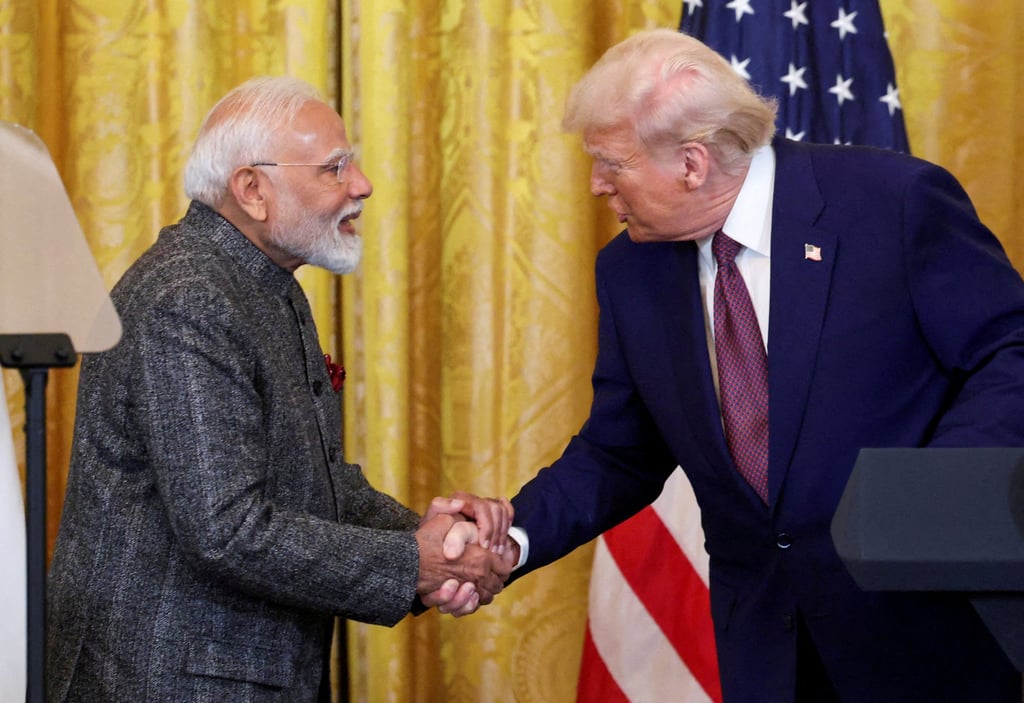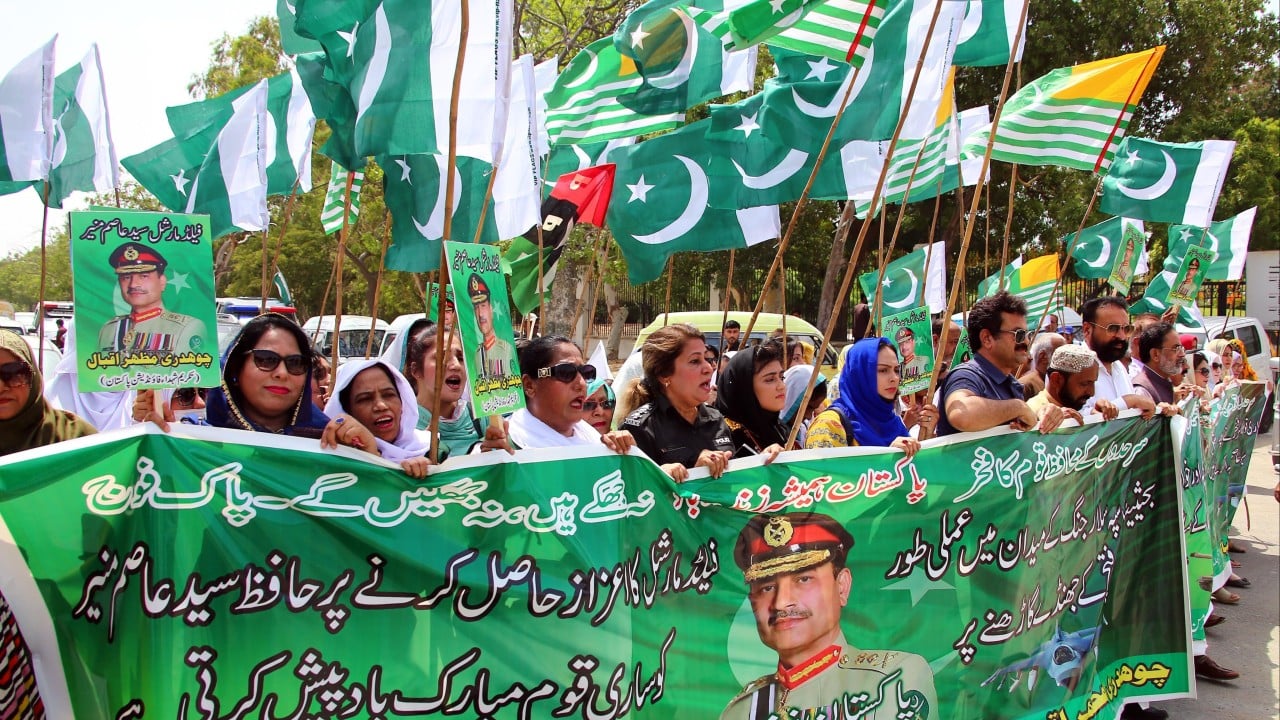Pakistan’s decision to nominate US President Donald Trump for a Nobel Peace Prize – just days after a rare White House meeting between Trump and Pakistan’s army chief – has raised concerns in India, where analysts say the move could signal Islamabad is regaining strategic favour in Washington at New Delhi’s expense.
Advertisement
The nomination was formally filed on Saturday by Pakistan’s Deputy Prime Minister Ishaq Dar, who praised Trump’s role in helping mediate a ceasefire during last month’s cross-border flare-up between India and Pakistan. Dar credited Trump with “critical and pragmatic diplomacy” that averted wider conflict, describing the intervention as an act of “stellar statesmanship”.
The gesture followed a high-profile lunch hosted by Trump last week for General Asim Munir – the first time a Pakistani military leader has been received at the White House under Islamabad’s civilian government – and has been widely interpreted as a symbolic endorsement of Trump’s claim that he defused tensions between the two nuclear rivals.
Indian Prime Minister Narendra Modi, who had declined Trump’s invitation to visit the White House citing prior commitments, has remained publicly silent.

Observers say, however, that eyebrows have been raised in Delhi over the optics of Trump extending such visible warmth to Munir, and the timing and framing of the Nobel nomination, which appears aimed at reinforcing Trump’s long-standing narrative that his personal diplomacy helped prevent open conflict between India and Pakistan.
Advertisement

